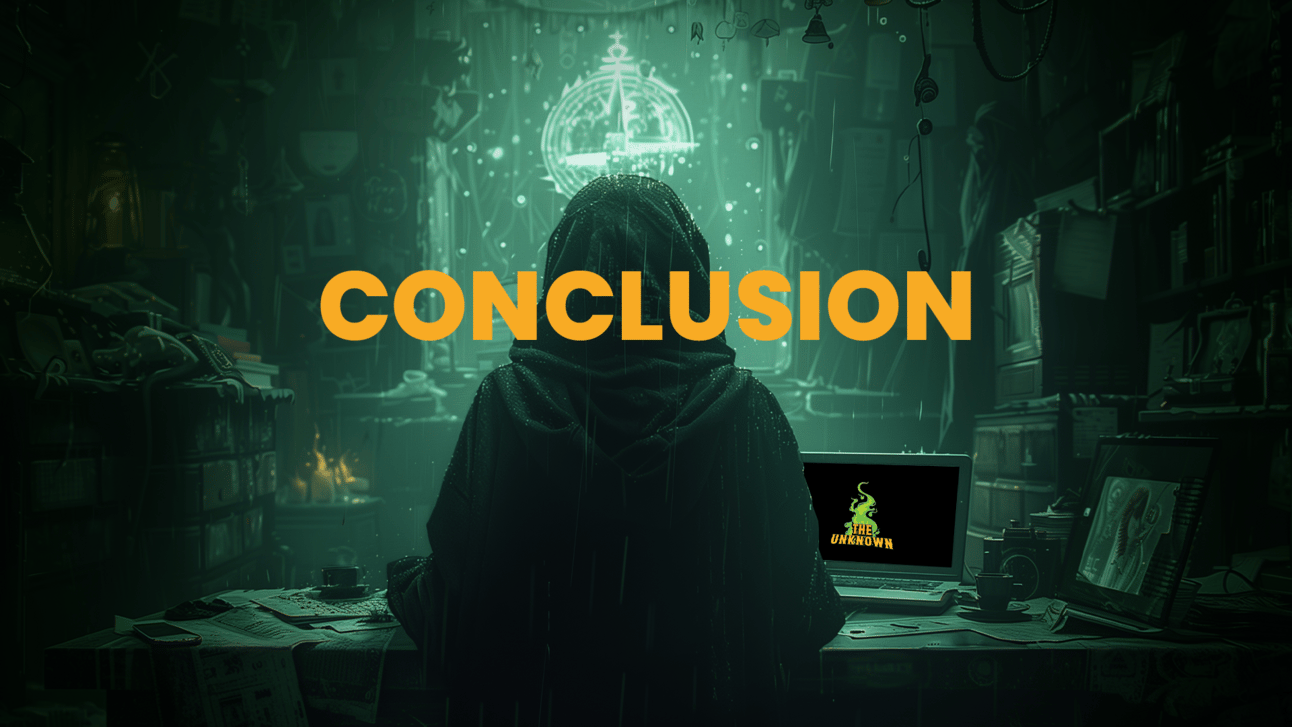- The Unknown
- Posts
- When Spoilers Make a Movie Better: The COMPANION Effect
When Spoilers Make a Movie Better: The COMPANION Effect
How Do Spoilers Impact Our Movie-Watching Experience?

In the age of instant information and endless trailers, our perspectives on spoilers have evolved dramatically. Considering the latest example in the buzzworthy film "Companion," this podcast episode dives into how spoilers affect our engagement with movies, the emotional journey they can offer, and the evolving landscape of media consumption. Listen to the full podcast episode here!

The Riddle of "Companion's" Spoiler: Will It Help or Hurt?
As discussed by Mia and Damion, the new sci-fi horror film Companion introduces its audience to a significant twist right in the trailer: Iris, one of the central characters, reveals a chilling fact – she killed Josh, her partner. With Sophie Thatcher and Jack Quaid in leading roles, this basic plot detail has stirred debate: does revealing such a crucial point up front enhance or ruin the audience's experience?
The Era of Instant Information and the Zeigarnik Effect
Damion proposed an intriguing notion: in a world where information is as immediate as it is ubiquitous, knowing a major plot detail upfront could create a psychological curiosity. The Zeigarnik Effect – our tendency to remember incomplete or interrupted tasks – suggests that revealing the ending early might actually compel us to follow the story more closely. This macabre curiosity, akin to rubbernecking at a car accident, is bolstered by an innate desire to piece together the how and why of a known outcome.

Balancing Spoilers with Nuanced Performances
Even with the big twist laid bare, Companion promises a deeply engaging narrative. The story will likely focus on the psychological intricacies and emotional turmoil of Iris and Josh. Recognized for their nuanced performances, Thatcher and Quaid might ensure that even with the endpoint known, the journey would remain riveting. Mia highlights how these performers can convey complex emotions with subtlety and depth, keeping audiences invested in the characters' development and the unfolding drama.
Mixing Genres: The Role of Humor and Violence
Another intriguing aspect of Companion mentioned in the podcast is its blend of humor with sci-fi horror. This genre-blending approach can subvert expectations and keep audiences off-balance, enhancing both the comedic and horror elements. According to Mia and Damion, this unexpected humor could make viewers question their emotional responses, creating a more dynamic and engaging experience.
The article referenced in the podcast also indicates that Companion contains substantial violence, but its nature remains unspecified. Will it be visceral gore or more cerebral and subtle psychological horror? Both hosts agree that the most effective horror often relies on what's not shown, building tension through implication rather than explicit depictions of bloodshed. This potential for an unsettling, dread-filled atmosphere complements the film's deeper psychological themes.

The Bigger Picture: How We Experience Media Today
Mia and Damion's discussion extends beyond Companion to reflect broader trends in media consumption. We're constantly bombarded with trailers, clips, and behind-the-scenes footage, making it nearly impossible to avoid spoilers. This saturation prompts an important question: has our tolerance for spoilers increased out of necessity? The hosts suggest that while we still cherish surprise moments, there's also joy in dissecting a story when we already know the ending, much like re-reading a favorite book to discover new layers.
Original Stories in a Sea of Sequels and Reboots
In an entertainment landscape dominated by sequels and reboots, original stories like Companion become particularly appealing. Mia and Damion ponder whether the novelty and unpredictability of such films offer a refreshing break from formulaic storytelling. This movie, despite (or because of) its spoiler, invites audiences to engage more deeply with its characters and themes.


Conclusion: The Evolution of Spoiler Acceptance
Companion might illustrate a pivotal shift in how we consume and appreciate stories. By offering a major twist upfront, it challenges traditional narrative structures and encourages viewers to focus on character development, motivations, and the intricate details that lead to the known outcome. This podcast episode explores how spoilers, rather than detracting from our enjoyment, can add a new dimension to our viewing experience.
As we navigate this evolving media landscape, let us embrace spoilers with an open mind, appreciating the craftsmanship behind each story while being curious about the unknown elements. Ultimately, movies like Companion remind us that a powerful narrative transcends plot twists, leaving a lasting impact through its emotional and thematic depth.